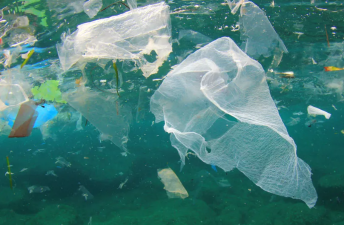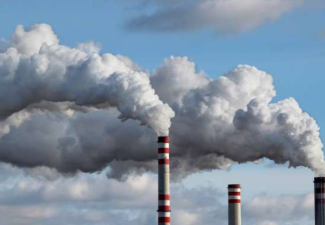Environmental pollution is a global problem that poses a serious threat to human survival and health.
Environmental pollution refers to environmental degradation caused by the presence of certain substances, energy, or other factors in the environment that exceed the capacity and load of an ecosystem. Environmental pollution has profound impacts on human life. Let's explore its impacts from several perspectives.
Impacts of Environmental Pollution on Human Life
- Impact on Health
Environmental pollution has the most serious impact on human health. Pollutants such as PM2.5, formaldehyde, and benzene can affect the respiratory, cardiovascular, and nervous systems, causing symptoms such as coughing, wheezing, cardiovascular disease, headaches, and insomnia. Furthermore, pollutants such as heavy metals and chemical pesticides can accumulate through the food chain and food web, resulting in long-term impacts on human health.
- Impact on Agricultural Production
Environmental pollution also has a significant impact on agricultural production. Pollutants such as phosphorus, nitrogen, and potassium can contaminate water bodies and soil, affecting the growth and development of aquatic life and damaging soil fertility. More seriously, pollutants can also affect the quality of agricultural products, leading to a decline in both yield and quality. 3. Impact on Mental Health
The impact of environmental pollution on mental health is particularly significant during the psychological development of children. Pollutants such as noise and vibration can irritate children's brains, causing psychological problems such as headaches and insomnia. Furthermore, pollutants such as volatile organic compounds can have long-term psychological effects on children, affecting their behavioral and emotional development.
- Impact on Quality of Life
The impact of environmental pollution on quality of life is also significant. Pollutants such as PM2.5 and formaldehyde can affect urban air quality, polluting it and impacting people's quality of life. Furthermore, pollutants such as noise and vibration can also affect people's quality of life, making it difficult for them to enjoy the amenities of urban life.
Environmental pollution is a global issue that requires the attention and participation of all of society. The following are measures to prevent environmental pollution:
- Reducing Gas Emissions
Limiting gas emissions from factories and transportation is an important measure to reduce pollution. For example, the government can enact policies to restrict and reduce the use of private vehicles and implement regulations and oversight of highly polluting industries. 2. Improve waste recycling and disposal efficiency.
Establishing an efficient waste collection and disposal system can reduce environmental pollution. The government should encourage citizens to sort and recycle their waste and regulate waste disposal facilities to ensure safety and environmental friendliness.
- Promote green energy.
Green energy includes natural resources such as wind, solar, and hydropower. Using green energy can reduce dependence on fossil fuels, thereby reducing air and water pollution.






